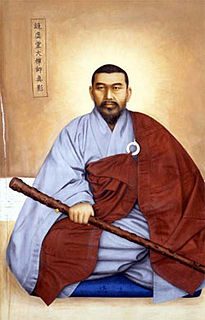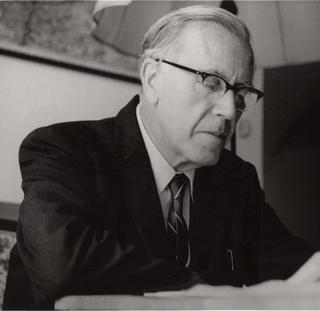A Quote by Swami Vivekananda
Until we realise ourselves as the Absolute, we cannot attain to deliverance.
Related Quotes
There are two laws that we had better take to be absolute. The first is that as we cannot exempt ourselves from living in this world, then if we wish to live, we cannot exempt ourselves from using the world. If we cannot exempt ourselves from use, then we must deal with the issues raised by use. And so the second law is that if we want to continue living, we cannot exempt use from care.
In this world that God (or Mother Nature) created, it is always hazard and novelty-hazard and novelty-which assert themselves, thereby rendering notions of fixity absurd. Incongruously enough, however, when we allow ourselves to fully accept uncertainty, to embrace and cultivate it even, then we actually can begin to feel within ourselves the presence of an Absolute. The person who cannot welcome ambiguity cannot welcome God.
If there is no absolute moral standard, then one cannot say in a final sense that anything is right or wrong. By absolute we mean that which always applies, that which provides a final or ultimate standard. There must be an absolute if there are to be morals, and there must be an absolute if there are to be real values. If there is no absolute beyond man's ideas, then there is no final appeal to judge between individuals and groups whose moral judgments conflict. We are merely left with conflicting opinions.





































